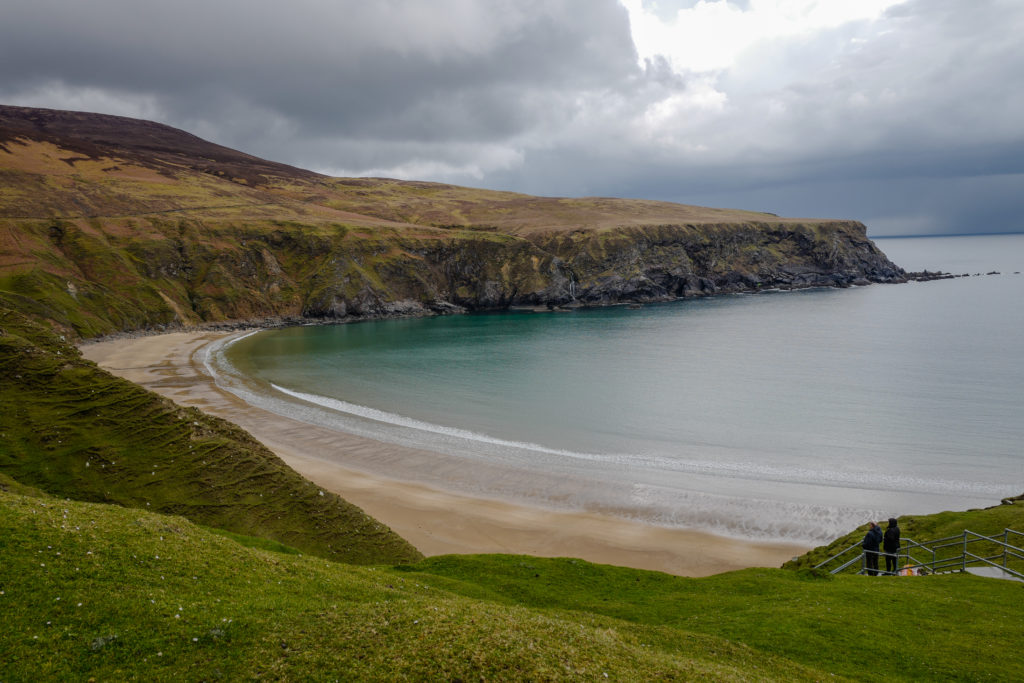Monthly Archives: April 2019
As she used to be
From a National Geographic photograph by Eric Kruszewski.
It’s not all bad news. The wonderful (and, sadly, late) Andrew Fallon made an intensive and comprehensive laser-scan of the entire building some years ago. Alexis Madrigal tells the story here. So a reference blueprint (should that be dataprint?) exists from which restorers can work.
Fuchsia, close-up
Quote of the day
“Mining and oil companies exploit the physical environment; social media companies exploit the social environment,” he said. “The owners of the platform giants consider themselves the masters of the universe, but in fact they are slaves to preserving their dominant position … Davos is a good place to announce that their days are numbered.”
George Soros, Davos, January 25, 2018
Ben Evans on the DCMS White Paper on Online Harms
From Ben’s weekly newsletter:
The Uk government has released a ‘White Paper’ (consultation prior to legislation) covering the management and take-down of harmful content on social platforms. The idea is to have a list of specific and clearly defined kind of harmful content (child exploitation, promoting terrorism, etc), an obligation on anyone hosting content to have a reasonable and systematic process for finding and removing this, and a penalty regime that is proportionate to the kind of harm (child exploitation is worst), how hard they’d tried to deal with it (the ‘reasonableness’ test), and how big the company is (startups get more leeway on less harmful stuff), with a regulatory body to manage and adjudicate this. The UK attitude is “this is how everything else is regulated, so why should online be any different?” The broader point: FB and Google etc are not in China, but more and more economies where they are present and have to remain will start passing laws, and some of them will mean their global operations might have to change – there will be a lowest common denominator effect. This one tries not to be too prescriptive and tries not to harm startups, but GDPR was the opposite. And, of course, absolutely no-one in the UK (or anywhere else) cares what American lawyers think the American constitution says.
The S-bend
The Brexit trilemma
Nice analysis of this by Emily Jones and Calum Miller of the Blavatnik School of Government in Oxford. Summary:
The country’s leaders need to accept that the primary objectives of Brexit are, and always have been, mutually incompatible. Sadly, their refusal to acknowledge this is indicative of the kind of leadership that led to the current impasse.
With the European Union’s latest extension of the United Kingdom’s membership in the bloc, onlookers around the world are right to wonder why the Brexit process has proved so intractable. The short answer is that the UK’s government and parliament are trying to achieve three incompatible goals: preserving the country’s territorial integrity, preventing the return of a hard border between Northern Ireland and the Republic of Ireland, and enabling the UK to strike its own trade deals.
The British are finally confronting the fact that only two of these objectives can be met at any one time. This implies that there are three basic scenarios for moving ahead with Brexit…
Worth reading in full.
The beach at Malin Beg
Finally, a government takes on the tech companies
This morning’s Observer column:
On Monday last week, the government published its long-awaited white paper on online harms. It was launched at the British Library by the two cabinet ministers responsible for it – Jeremy Wright of the Department for Digital, Culture, Media and Sport (DCMS) and the home secretary, Sajid Javid. Wright was calm, modest and workmanlike in his introduction. Javid was, well, more macho. The social media companies had had their chances to put their houses in order. “They failed,” he declared. “I won’t let them fail again.” One couldn’t help feeling that he had one eye on the forthcoming hustings for the Tory leadership.
Nevertheless, this white paper is a significant document…






